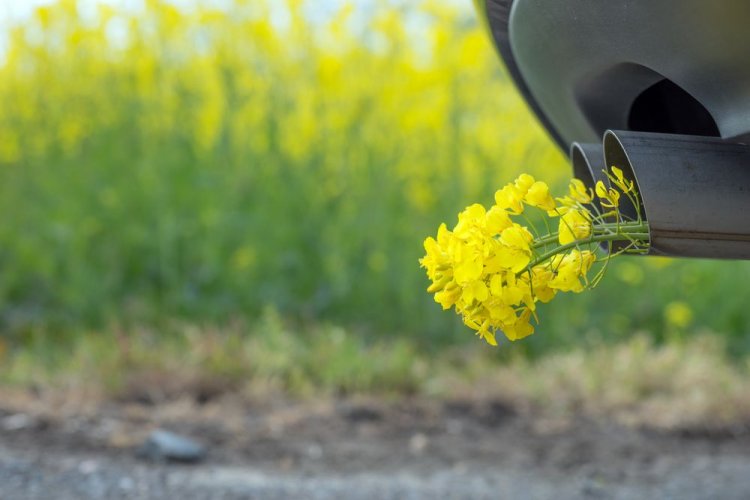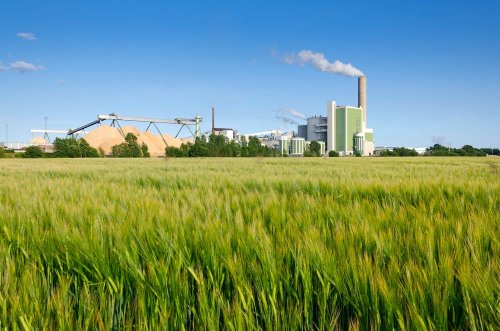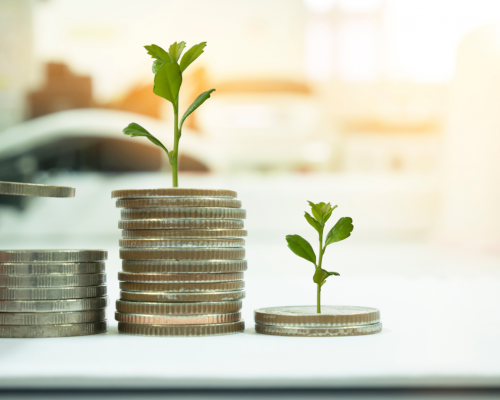Starting from April 13, gas stations in Germany can sell a 10% blend of diesel with biofuels, as well as a biological diesel substitute HVO100.
This was reported by Andriy Gorokhov, CEO of umgi private equity fund., on Facebook.
Until recently, German safety regulations only allowed the use of a diesel fuel blend with no more than 7% biofuel.
"The abbreviation HVO stands for hydrotreated vegetable oils. This is a paraffinic diesel fuel that is made from waste such as used cooking oil," Gorokhov explains.
According to him, the use of HVO100 will reduce greenhouse emissions by 90% compared to traditional diesel fuel, contributing to the achievement of climate goals.
"Here, German regulators are catching up with other European countries. Paraffin fuel is already available in the Netherlands, Italy, Austria and the Scandinavian countries, where its price is about 15 cents higher than that of conventional diesel. Switching to HVO100 does not require significant modifications to existing engines. However, refueling with it it is possible only if the car manufacturer has approved this type of fuel for a specific model," Gorokhov writes.
Biofuels play a key role in the green transition of the transport sector. Its role is especially important for large trucks, which are still extremely difficult to electrify. It is noted that the use of alternative fuels is necessary to reduce carbon emissions. The same applies to the aviation sector.
As it became known, the international energy agency predicts that by 2028 the global demand for biofuel will grow by 23%. Brazil, Indonesia and India are expected to lead this process. They are already implementing the necessary policy measures and have enough agricultural by-products that can be used as raw materials for biofuel production.
It is reported that Ukraine also has great potential for the development of the biofuel sector. Currently, there is a draft law in the second reading, which can make biofuel a mandatory component of gasoline. The government recently announced its plans to create a specialized exchange for biofuel trading, which will promote transparency in the market and its further development
"Green fuel is produced from vegetable oils, wood pulp, fish remains and other organic waste. However, the amount of such raw materials is limited, and it will not be possible to scale the production of biofuel to completely replace traditional diesel. Biodiesel can also be produced from plants grown specifically for this purpose – rapeseed, soy or corn. However, this option is criticized for its possible impact on the food market, as well as damage to the environment," Gorokhov reports.
Horokhov says that meeting the growing demand for biofuels will require a lot of land, water and other resources. In addition, growing plants for fuel production is carbon-emission and has an impact on the climate. There are ongoing debates in Europe about limiting the use of vegetable biofuels, and the future of this sector will largely depend on the decisions taken by regulators.
As EcoPolitic previously reported, German Transport Minister Volker Wissing threatened to introduce a driving ban over the weekend if the country's climate legislation is not reformed.





